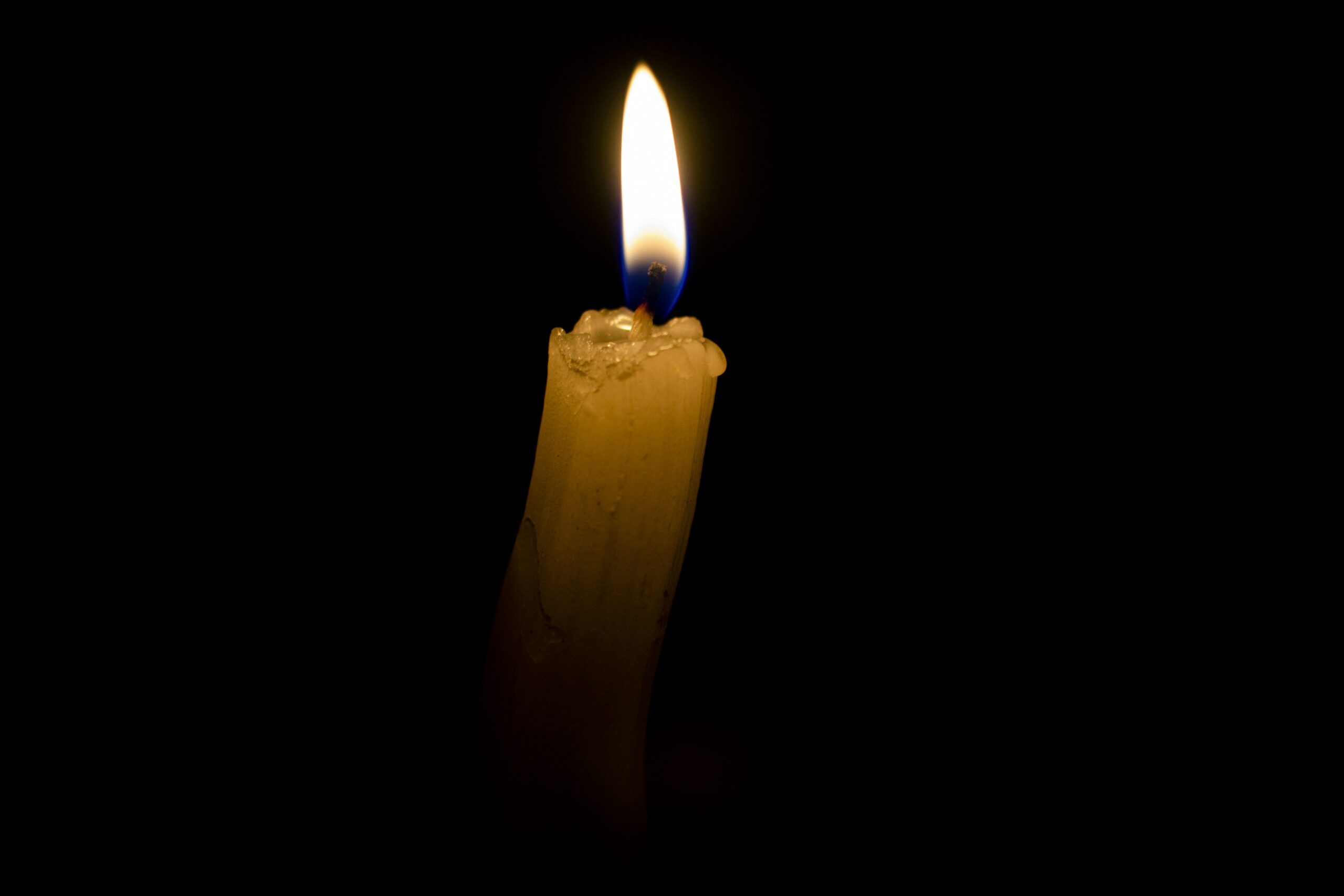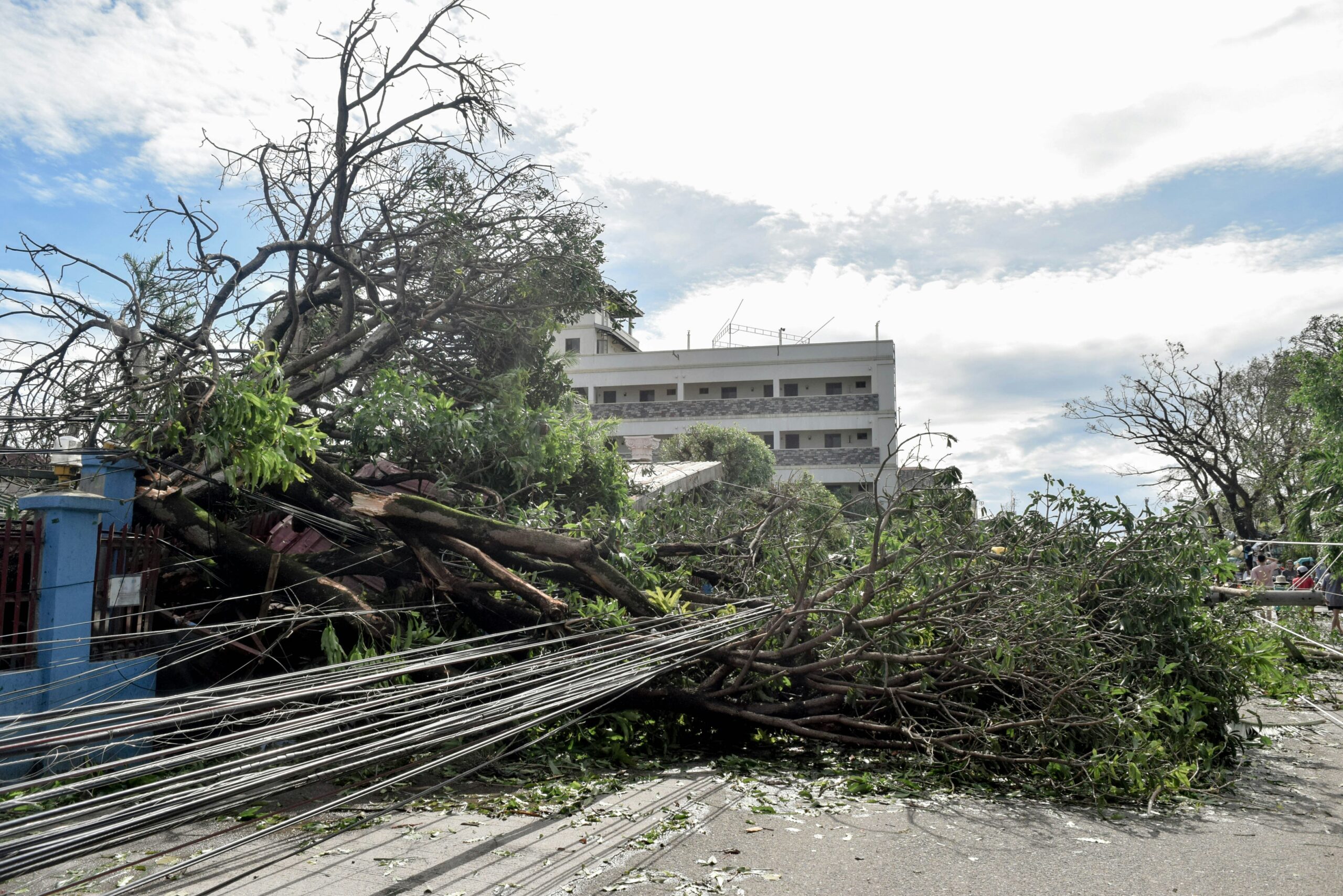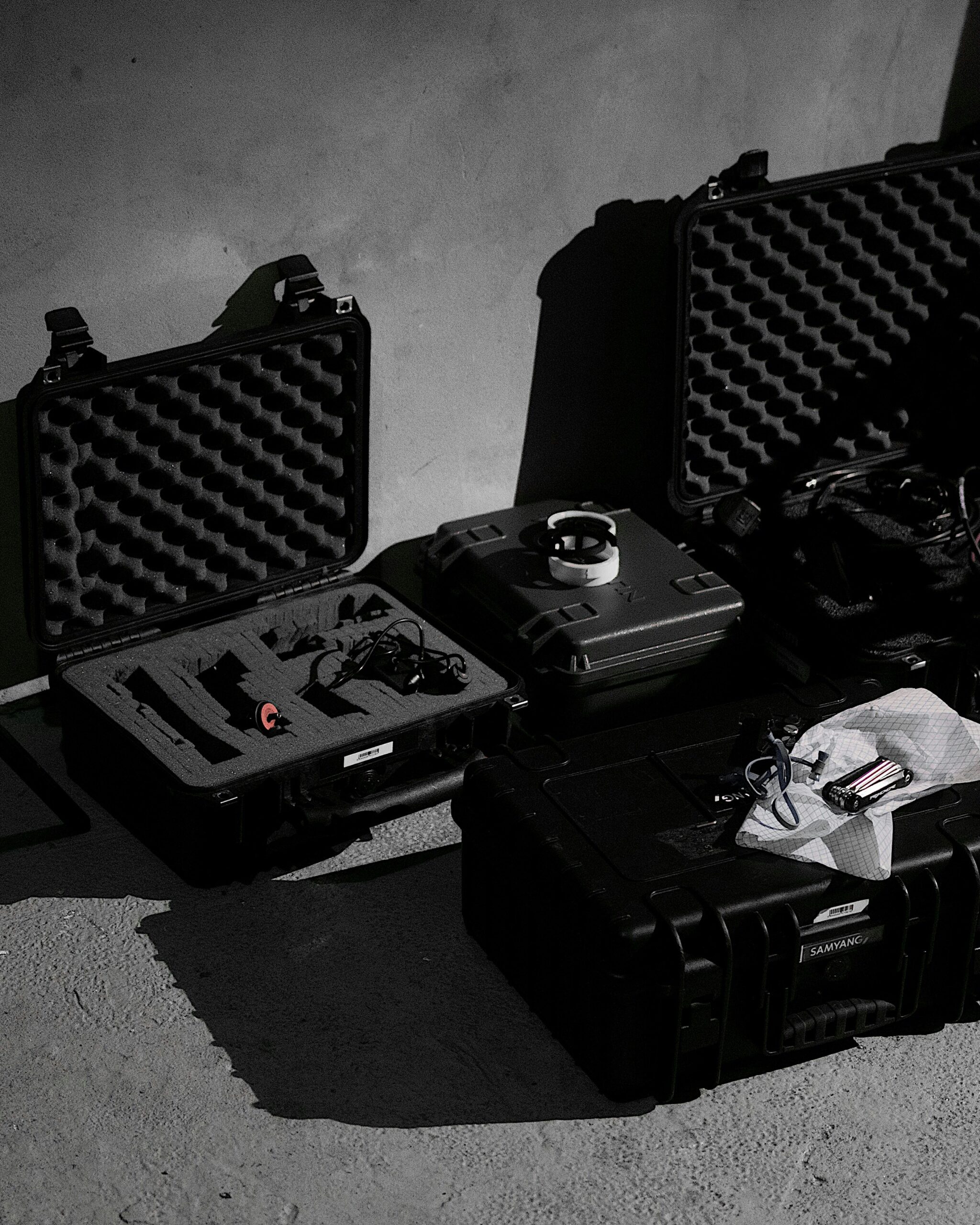When the power goes out, your daily routine is suddenly interrupted, leaving you to wonder how you’ll manage without the conveniences you often take for granted. The absence of electricity affects everything from the lights in your home to the functioning of your refrigerator, and even your ability to charge your phone. Knowing what to expect and how to prepare can make these unexpected moments a lot less stressful. Have you ever wondered what happens when there is a power outage? Whether you’re in the middle of a work deadline or simply watching your favorite TV show, a sudden loss of electricity can be more than just an inconvenience. Let’s dive into what really occurs when the power goes out and how you can effectively handle it.
Understanding Power Outages
In a world so reliant on electricity, a power outage can feel like a mini-apocalypse. To better understand how to cope, it’s important to first understand what causes these interruptions and what occurs when the lights go out.
Common Causes of Power Outages
Power outages can result from various factors, sometimes unexpected and other times due to planned events. Here are some common causes:
| Cause | Description |
|---|---|
| Weather | Thunderstorms, hurricanes, and high winds can knock down power lines. |
| Equipment Failure | Aging infrastructure or faulty equipment can fail at any time. |
| Accidents | Vehicle collisions with power poles or construction accidents can disrupt electricity. |
| Planned Maintenance | Utility companies may shut off power to perform scheduled maintenance. |
| Overload | High demand during peak times can overload electrical systems. |
The Immediate Effects of Power Outages
When the power fails, you’ll notice immediate changes around you:
- Lights Out: Everything goes dark unless you have backup lighting.
- Appliances Stop Working: Any device plugged into the wall will cease functioning.
- No Electronic Communication: WiFi routers and other communication devices often go down.
- Temperature Control Loss: HVAC systems will cease, affecting heating and cooling.
Safety Precautions During a Power Outage
Safety should be a top priority when dealing with a power outage. Keep these important precautions in mind:
Immediate Safety Steps
- Check for Hazards: If you’re at home, check for risks like downed power lines or sparks.
- Avoid Using Candles: Instead, use battery-operated lamps or flashlights to reduce fire hazards.
- Unplug Appliances: To prevent damage from power surges when the electricity returns.
- Use Generators Safely: Only use generators outdoors in open spaces to avoid carbon monoxide poisoning.
Food Safety
Your refrigerator and freezer can only keep food cold for so long. Here’s what you need to do:
- Keep Doors Closed: Minimizes the loss of cold air.
- Use a Food Thermometer: To ensure food is kept at a safe temperature.
- Know the Time Limits:
| Appliance | Time Limit to Keep Food Safe |
|---|---|
| Refrigerator | Up to 4 hours without power |
| Freezer | 24-48 hours if full, ~24 hours if half-full |

Backup Power Solutions
Being prepared can significantly mitigate the chaos caused by a power outage. Here are some backup power options:
Generators
- Portable Generators: Suitable for short-term outages, can power essential appliances.
- Standby Generators: Permanently installed and automatically activate during an outage, ideal for whole-house power.
Battery Backups
For smaller, more critical devices like computers and medical equipment, a battery backup system can be invaluable.
- Uninterruptible Power Supplies (UPS): Offers instant power backup and surge protection.
- Battery Storage Systems: Can store power from solar panels or the grid for later use.
Effects on Communication
Once the power is out, staying connected can become a challenge.
Mobile Phones
Most cell towers have backup power systems, but they are not infallible. Here are some tips to keep communication lines open:
- Charge Your Phone: Always keep it fully charged if there’s a weather alert or a known outage risk.
- Power Banks: Have them on hand for extended outages.
- Text Instead of Call: Text messages use less bandwidth and are more likely to go through.
Internet Access
Without electricity, your home WiFi is likely to go down, but you may still access the internet using the following methods:
- Mobile Hotspots: If your mobile service provider offers a hotspot feature, use it sparingly to save battery.
- Public WiFi: Some areas may have WiFi networks with backup power.

Economic and Social Impacts
Power outages have far-reaching effects beyond your own home or office.
Economic Consequences
- Business Disruptions: Loss of productivity, spoiled inventory, and potential loss of data.
- Utility Companies: Costs associated with repairs and overtime for workers.
- Households: Increased out-of-pocket expenses for things like eating out.
Social Consequences
- Public Safety: Increased crime rates in urban areas due to disabled security systems.
- Healthcare: Hospitals often have backup systems, but long-term outages can strain resources.
- Education: Schools may close, disrupting education and childcare arrangements.
How Utility Companies Respond
Utility companies have well-structured protocols to manage and resolve power outages efficiently.
Immediate Response
- Assessment: Identifying the root cause (e.g., downed lines, overloaded systems).
- Field Teams Dispatched: Crews are sent to assess and repair the damage.
Communication and Updates
Utility companies typically maintain open communication with customers. Here are some ways to stay informed:
- Websites and Apps: Many companies offer real-time updates on outage maps.
- Social Media: Follow utility companies for live updates.
- Text Alerts: Sign up for notifications directly to your phone.
Restoration Priorities
Utility companies restore power based on a priority system:
- Emergency Services: Hospitals, police, and fire stations.
- High-Density Areas: Places with a high number of outages.
- Individual Homes: Once critical and larger areas are restored.

How to Prepare for Future Outages
Preparation is key to managing power outages effectively. Here are some actionable steps:
Emergency Kit
Create an emergency kit with essential items:
- Flashlights and Batteries: Ensure all members of the family have access.
- Non-Perishable Foods: Enough to last at least three days.
- First Aid Kit: Include medications and necessary medical supplies.
- Water Supply: At least one gallon per person per day for three days.
Home Preparations
- Install Surge Protectors: To protect your electronics from unexpected surges.
- Backup Heating and Cooling: Battery-operated fans or hand warmers.
- Alternative Cooking: A camping stove or grill.
Communication Plan
Ensure all family members know what to do if the power goes out:
- Meeting Points: Designate a safe place for the family to meet.
- Emergency Contacts: Keep a list of numbers for local authorities, power companies, and other emergency services.
How Communities Can Support Each Other
In times of extended outages, community solidarity can make a big difference.
Neighborhood Groups
Form or join local groups to share resources and information. Platforms like Nextdoor or local Facebook groups can be useful.
Local Businesses
Some local businesses may stay open with their backup power systems. They can provide essential services like charging stations and shelter.
Volunteer Opportunities
Contributing to community emergency response teams can not only help others but ensure that you are better prepared as well.

Long-Term Solutions to Power Outages
Efforts extend beyond immediate remedies to long-term strategies aimed at reducing the frequency and impact of power outages.
Renewable Energy
Investing in renewable energy can offer more stable, sustainable power options.
- Solar Power: Less susceptible to grid outages.
- Wind Energy: Provides additional sources of electricity.
Modernizing the Grid
Utility companies are making strides in modernizing electric grids to be more resilient against failures.
- Smart Grids: Automated and technology-driven to quickly isolate and repair issues.
- Microgrids: Smaller, localized grids that can operate independently of the main grid.
Psychological Effects of Power Outages
The mental impact of losing power, especially during critical times, shouldn’t be underestimated.
Anxiety and Stress
The sudden change and uncertainty can lead to heightened anxiety levels.
- Routine Disruption: The interruption of daily activities can be jarring.
- Safety Concerns: Worrying about personal safety and property.
Coping Mechanisms
Here are some ways to cope with the psychological impact:
- Stay Informed: Reliable information can reduce uncertainty and stress.
- Have Backup Entertainment: Board games, books, and other unplugged activities.
- Connect with Others: Social support can alleviate anxiety.

Frequently Asked Questions (FAQs)
How long can power outages last?
The duration of power outages can vary widely from a few minutes to several days, depending on the cause and severity.
What should I do if someone in my household needs a powered medical device?
Have a discussion with your healthcare provider about backup power options and make sure to have battery backups or consider a generator.
Can power outages damage my electronics?
Yes, power surges when electricity returns can damage electronics. It’s best to unplug devices during an outage and use surge protectors.
What is a rolling blackout?
A rolling blackout is a controlled, temporary power shutdown by utility companies to reduce the strain on the energy grid, usually during high demand times.
How can I report a power outage?
Most utility companies provide a specific hotline number or an online portal for outage reports. Check with your local provider for their preferred method.
Conclusion
While power outages can be unsettling, being well-prepared can make all the difference. From understanding the causes and immediate effects to preparing an emergency kit and staying informed, you can navigate power outages with greater ease and confidence. Remember, safety and preparation are your best tools for mitigating the inconvenience and risks associated with losing electricity. Stay safe and keep the lights—whether electric or battery-powered—on!

